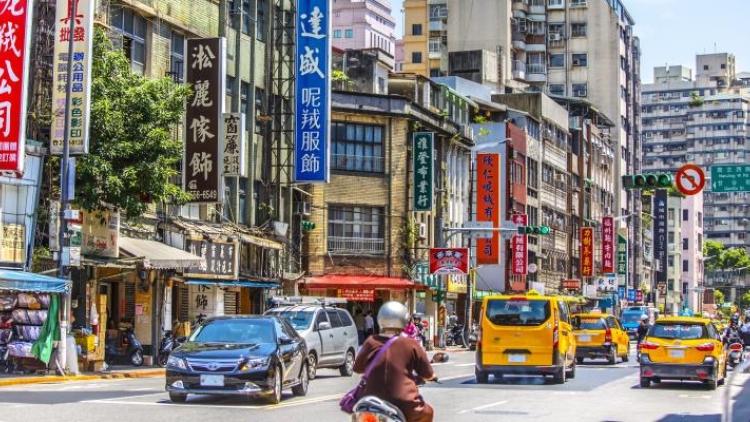A Better Tomorrow, Tomorrow? How to Undo the Alibi of Growth - Timothy Mitchell

Key information
- Date
- Time
-
4:00 pm to 6:00 pm
- Venue
- SOAS University of London
- Room
- BGLT
- Event type
- Lecture
About this event
Speaker: Timothy Mitchell (Columbia University)
Lecture abstract
Inaugural Keynote Lecture of the Political Economy Research Cluster of the SOAS Department of Politics and International Studies. Part of the 60th Anniversary celebrations of the Department of Politics and International Studies.
The invention of “the economy” in the mid-twentieth century allowed its size and growth to become the metric of progress in the North and a marker of backwardness for the global South. The climate crisis seems to require us to redefine the measure or become anti-growth. But neither option grasps the issue. Growth is neither a meter of prosperity nor a measure of excessive material consumption. It is a carefully crafted alibi, whose role is to blind us to methods by which the prosperous impoverish the majority—methods that operate by colonising and extracting from their future.
Speaker Bio: Timothy Mitchell is the William B. Ransford Professor of Middle Eastern Studies at Columbia University. He writes about colonialism, political economy, the politics of energy, and the making of expert knowledge. Trained in the fields of law, history, and political theory, he works across the disciplinary boundaries of history and the social sciences. Many of his writings explore materials from the history and contemporary politics of Egypt, where he has conducted research over many years.
He is the author of Colonising Egypt (1991), Rule of Experts: Egypt, Techno-Politics, Modernity (2002), and Carbon Democracy (2012), alongside numerous publications in peer-reviewed journals and public venues. He is currently working on a study of durability, examining how the more durable apparatuses for capturing wealth characteristic of late nineteenth-century colonialism (railways, canals, apartment buildings, dams) engineered a new method of extracting income from the future—a future we now inhabit precariously today. Like much of his work, this research combines the study of the built world, technical devices, ecological processes, and the history of economic and political concepts.
Registration
Please register through Eventbrite


